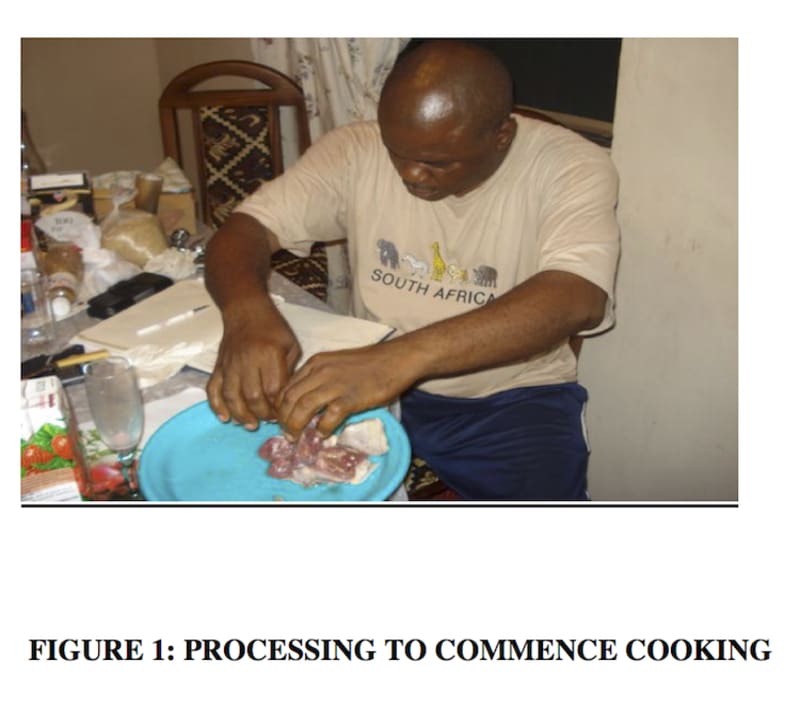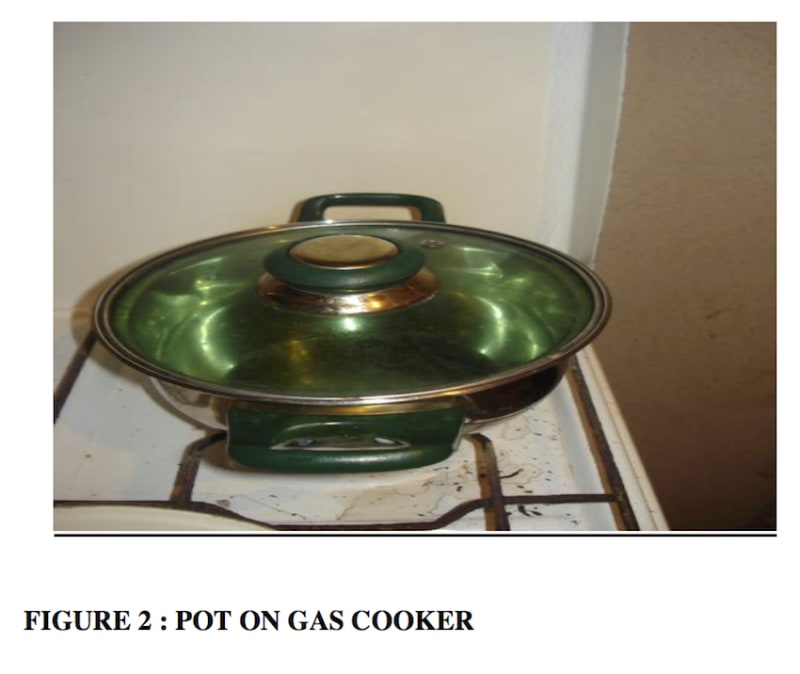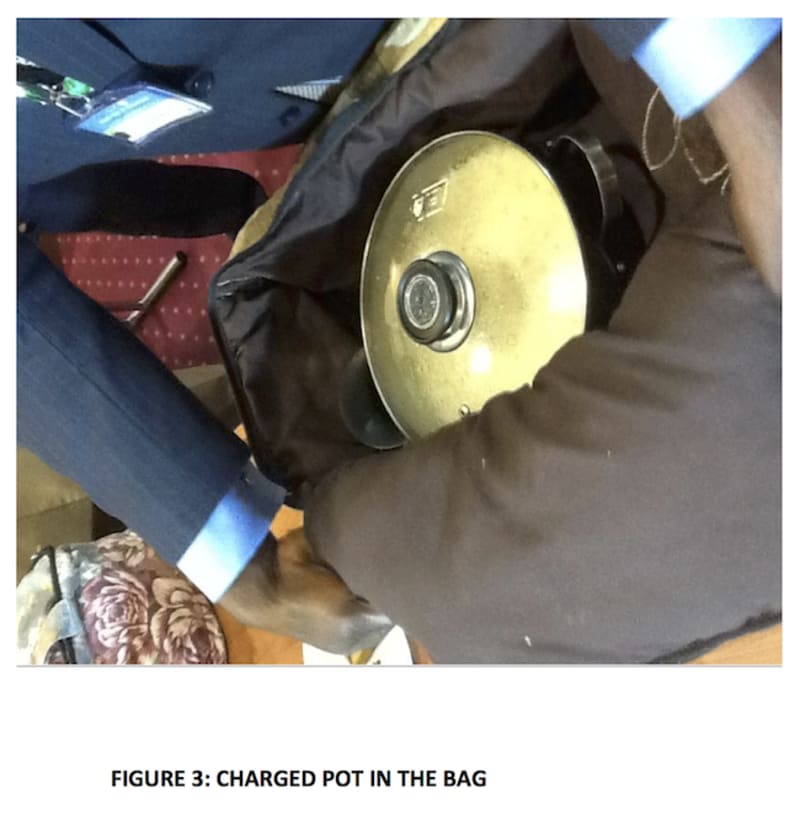Globally the world is challenged with, but not limited to, the following issues: energy shortage, environmental (waste management, global warming, GHG), funding for energy projects, desertification and deforestation. The most critical challenge is how to develop capacity and source funding to deal with these issues for national growth and development. This innovative technique would proffer possible positive solutions to these issues. Various ways exist for conventional cooking using firewood, sawdust, kerosene (paraffin oil), gas, hot plates, microwave and solar as heat sources. Except for solar cookers, the level of direct or indirect combustion releases carbon emissions into the atmosphere. In this period of global economic meltdown and severe energy crisis, innovative hybrid/retention cooking will be of benefit to both developed and developing countries as an energy saving, environmental protection/conservation, alternative funding, job creation, poverty alleviation and women/youth empowerment technique.
The CUWABA is a green technology and eco-solution that seeks to promote the recycling of wastes appropriately used as components to build units that possess heat retention capacities for the purpose of cooking. With the hybrid cooking technology, a lot of energy is saved by appropriate time management for the conventional and retention components for cooking. The food spends about 10 to 20 percent of the actual cooking time on the conventional source before being transferred to the CUWABA. This saves a lot of energy, money and reduces emission (which is directly proportional to concentration and amount of energy used). Promoting sustainable energy efficiency, environment, economic and national development in Nigeria and the world by promoting hybrid cooking technologies. Other benefits include meeting our energy needs, innovation, creation of wealth from waste, entrepreneurship and skill development, climatic suitability, carbon neutrality and a reforestation. Also, emission reduction evidently reduces global warming and protects the environment. The recycling of waste would reduce the menace of solid waste disposal and its nuisance factor in our environment. This technology would be used for domestic, commercial (restaurants/cafeterias, canteens), schools/colleges, hospitals, catering industries, refugee camps and the world at large.
The market potential is huge. The over 6 billion people of the world would need them and everyone involved with cooking.
A determined quantity of foodstuff (grains, cereals, beef, chicken, potato) is put in a designated pot, water added and heated to boiling point using any conventional heating method. It is allowed to boil for another 5 – 10 minutes depending on the food type and swiftly transferred to the energy retention bag. It is then allowed based on experience to completely cook in the bag by retaining the high boiling temperature to a performance level of 90 to 95 degrees centigrade.
It shall be manufactured locally using fabrics, other accessories and variants that promote heat retention by proper insulation/lagging.
An array of similar technologies include Wonder bag, Magic Cooker (5L - Thermal Insulated Cooking Pot), Solar cooking, energy Saving Heat Insulating Cooking utensil, Haybox Cooking, Thermal Cooking Weblog and Cooking in a Basket blog. Our production cost compares favorably with these and much better.
Like this entry?
-
About the Entrant
- Name:Samuel Tita Wara
- Type of entry:teamTeam members:Prof. Samuel T. Wara, Dr. H. Orovwode, Covenant University Center for Research, Innovation and Discovery
- Patent status:pending








